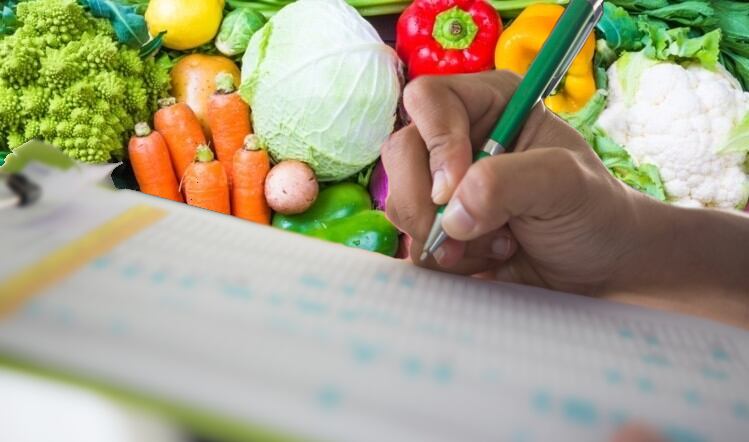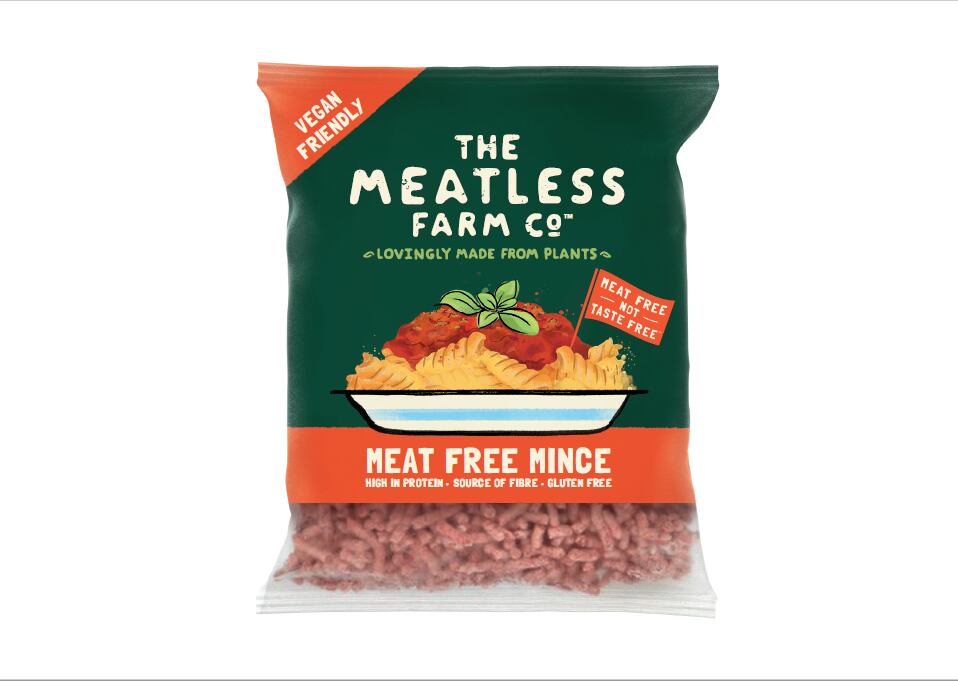The European Commission’s decision will mean that the UK’s six organic certification bodies will be recognised for 12 months following the end of the EU Exit transition period. That would mean goods exported to the continent could continue to be marketed as organic.
Similarly, the Government has already agreed that food and feed registered as organic in the EU will continue to be accepted as organic in the UK until 31 December 2021.
Exports continue
National Farmers Union organic forum chair Andrew Burgess said the EU’s recognition of the UK’s organic sector was a huge relief that will help continue exports to a key market once the transition period ends.
“While not the full mutual equivalency we have been pressing for, this decision should offer short-term certainty for those organic businesses who’ve been concerned over losing access to this valuable market,” he added.
“UK organic mutual equivalence with the EU is something the UK government has been seeking to be included as a technical annex within the draft Free Trade Agreement text currently being negotiated. We hope that an agreement is reached which mutually recognises the UK and EU as having equivalent organic standards to provide more long-term certainty for the organics sector.”
Uncertainty remains
Roger Kerr, chief executive of Organic Farmers & Growers welcomed the news, but warned uncertainty remained beyond 2021, when new EU organic regulation will come into effect.
“This is a short-term gain for the industry and the news will be a relief to the organic sector that’s been living with uncertainty for so long,” said Kerr. “But it still doesn’t deliver the robust national organic equivalency agreement between the UK and EU we’re calling for.
“We would anticipate that this would avoid the need for label changes and could mean that the requirement for certificates of inspection can be avoided once there’s an agreement. This would be of significant benefit to operators.”





